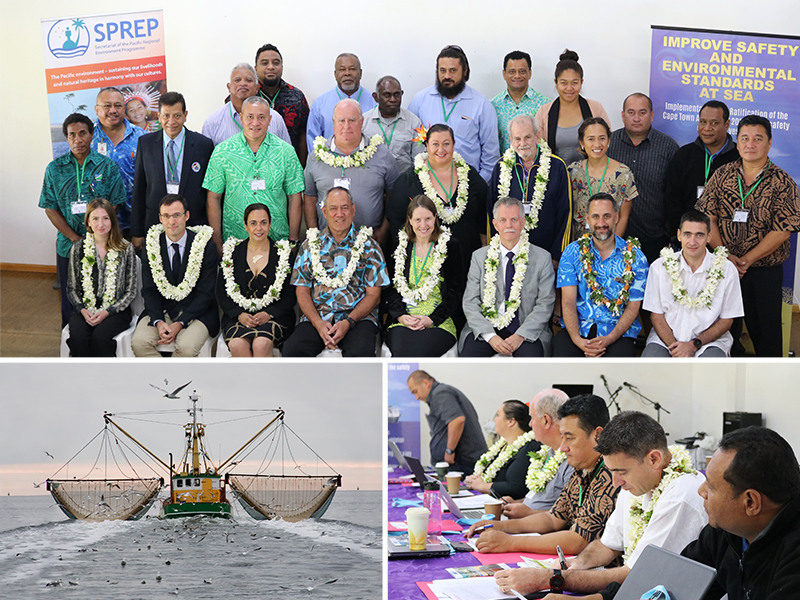Fishing continues to be considered the most hazardous occupation in the world, and despite the improvement in technology, the loss of life in the fisheries sector is unacceptably high.
To address the issue, IMO has held a regional seminar in Rarotonga, Cook Islands (28 August - 1 September) on the ratification of an important IMO legal instrument called the Cape TownAgreement, providing Member Governments with the assistance needed to implement the treaty.
To improve the safety of fishers and fishing vessels, IMO has, over the years, put in place, several initiatives, culminating with the adoption of the Cape Town Agreement. It is expected that the Agreement will eliminate difficulties encountered by a number of States with substantial fishing fleets in implementing a previous agreement, the 1993 Torremolinos Protocol, and will provide international standards for the safety of fishing vessels which could be implemented by all States concerned.
In addition, many Member States believe that there is a link between safety at sea, forced labour and illegal, unreported and unregulated (IUU) fishing. The entry into force of the Agreement will improve safety at sea in the fisheries sector worldwide but will also be a useful tool in combatting IUU fishing and reducing pollution from fishing vessels, including marine debris.
The seminar was organized by IMO in collaboration with The Food and Agriculture Organization FAO, the Secretariat of the Pacific Regional Environment Programme (SPREP) and the Pacific Community (SPC). It was attended by participants from 10 countries in the Pacific region. The seminar was facilitated by IMO’s Sandra Allnutt, FAO’s Ari Gudmundsson and a consultant.
